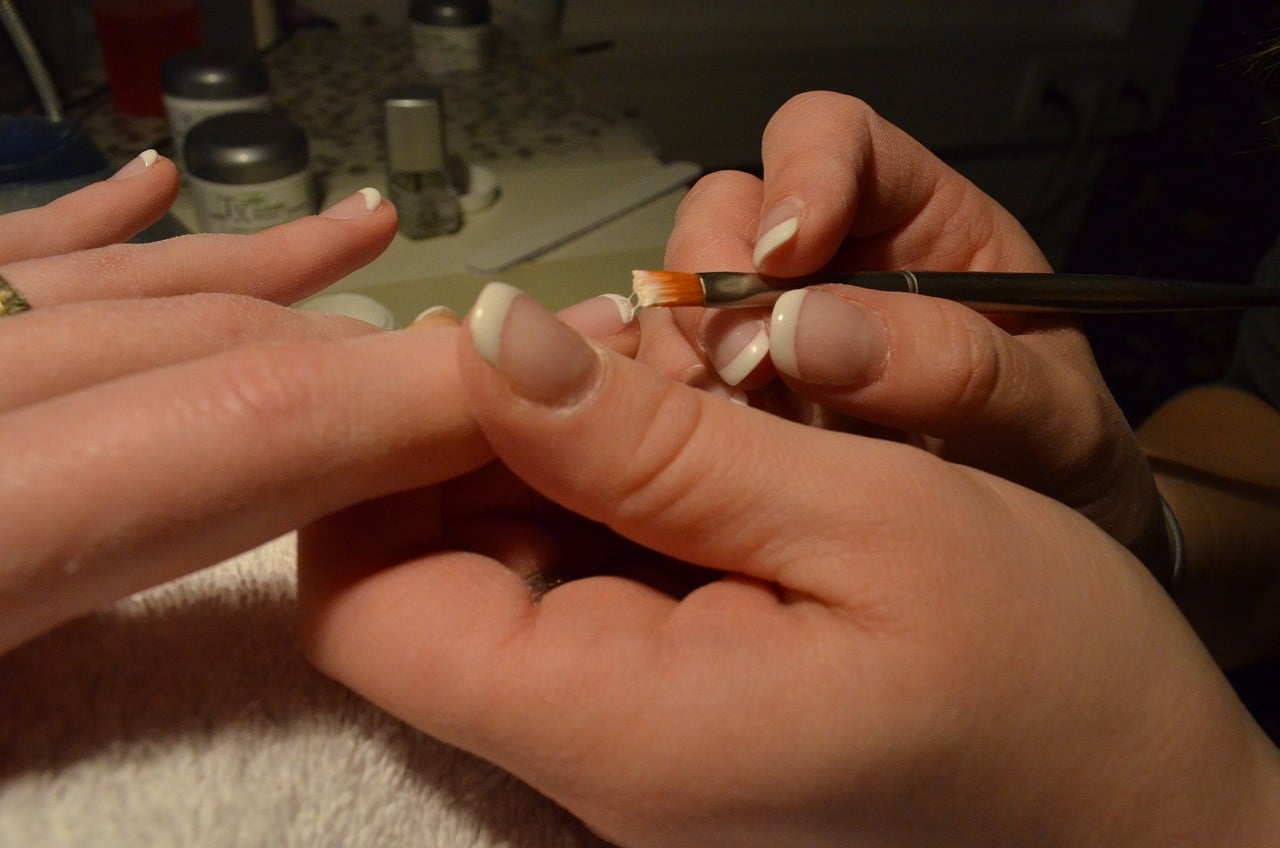Ending a toxic relationship is one of the bravest things anyone can do for themselves and their heart. If you are in a partnership with someone who zaps your strength, diminishes your value, or abuses you emotionally, leaving may be the way of recovery. A lot goes into recovery, making it seem very daunting in the beginning. This article will discuss five foundational areas of recovery from a destructive partnership and how they can begin rebuilding their self-image, trust, and future.
1. Recognizing the Importance of the Decision to Leave
Ending a toxic relationship isn’t cowardice –it’s the bravest thing anyone can do. Quite frequently, we do not leave toxic partnerships mainly because we expect a change or an ability to change ourselves. Leaving isn’t about avoiding suffering – it is about regaining the right to daily contentment and personal dignity. The second you decide to leave, you are saying that you should be valued and that you deserve more. You are deciding no more of the toxic relationship.
2. The Emotional Impact of a Toxic Relationship
A toxic relationship can mess you up. Disgruntling your mental health, the way you see yourself, and the world around you. You may have built up so much stress, anxiety, and fear that you may struggle with self-doubt, feelings of low self-esteem, and have lost feeling emotionally fulfilled. It is extremely important to let yourself feel these emotions and that they are needed to heal for you to be able to get past them and the toxic relationship. You are in the process of emotional recovery when you learn to accept those emotions and allow yourself to feel them.
3. Rewriting the Narrative of the Relationship
It is sometimes simple to feel that you were not good enough, that you have failed, or that you don’t deserve a healthy relationship. But the truth is, it only delays your period of healing. The real story – as always – has little to do with you, your lack of worth, or your incompetence; it has everything to do with the other person and their dysfunctions and toxic behaviors. It does not make you a failure that you walked out – it makes you a person who valued their time and wouldn’t settle for anything less.
4. Embracing the Small, Brave Steps Towards Healing

Moving on from a toxic relationship can be tough, time-consuming, and, at most, require a lengthy process. Staying focused that every move made towards gaining better health is counted as something is one of the critical things within this process. But it starts with baby steps – those courageous steps that people have to take to get over heartbreak, reconnect with friends, finally make new rules, or even learn to trust again. It is easy to overlook these steps since they are just microscopic. However, they are important in the process of regaining confidence and strengthening your emotional muscles.
5. Understanding that Stumbles is Part of the Process
It’s crucial to understand that one’s healing isn’t always going to be progressive. You may find yourself questioning whether you made the right decision, wondering if you should stay gone, or sometimes thinking about coming back, not to them but to the comfortable incessant nagging. Those are the obstacles and can be considered as exclusion; they should not be regarded as some failure. Anyone who tells you that the process of healing is linear is not being truthful, as it is always a process full of rising and falling. What matters here is how you handle these falls.
Final Thoughts
Breaking up with a toxic relationship is one of the most empowering decisions anyone can make and embark on a journey of recovery and productivity. Healing is a very slow process where you have to be patient with yourself because healing isn’t linear. Remember that it is okay to not be okay sometimes. Self-reliance means taking responsibility for your welfare, and therefore, you will realize that you are capable of designing a life of tranquility, love, and strength.









